Designing and building a modular factory has never been more exciting—or more accessible. In fact, it seems like every month a new team of consultants pops up, ready to help bring someone’s offsite vision to life. These firms range from solo operators to full-service companies with slick presentations, clever branding, and blueprints to make your dream factory rise from the ground with robotic arms, digital twin models, and gleaming production lines.
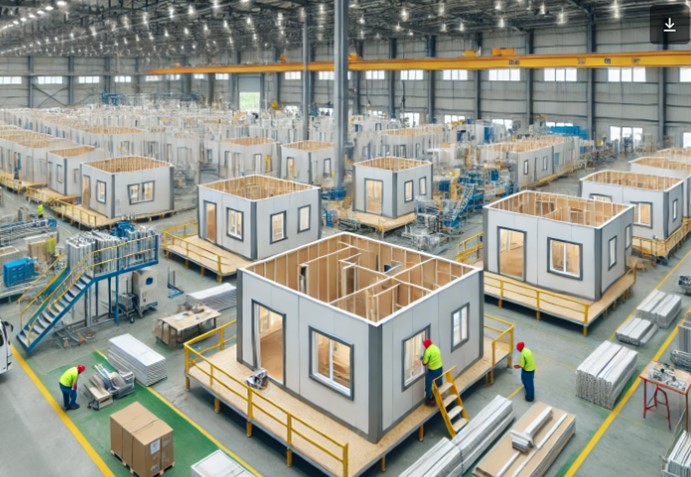
But here’s the question too few dreamers ask before they start spending real money:
Does your dream actually have a chance of becoming a sustainable business?
Most consultants you hire to design and build your factory will do exactly what you pay them for—design and build your factory. What they won’t do is tell you whether that factory has even a fighting chance to turn a profit. That’s not in their scope. Their job is to make your vision a physical reality. But maybe—just maybe—that vision needs a reality check before anyone draws up a floorplan or collects a deposit.
A Factory Isn’t a Business Plan
Let’s say five developers have promised they’ll buy from your future factory. That’s a nice start, but have you asked yourself: what happens after their first orders? Is there a long-term market for your product? Do you have a plan for when interest rates spike or city zoning shifts or a promised housing development gets delayed by a year?
Too many first-time factory founders get swept up in the excitement of creating something physical and forget the equally important (and less glamorous) business side:
- Have you run the hard costs of your factory against per-module or per-square-foot pricing?
- Do you know your daily overhead once you’re operational?
- Can your region supply the skilled labor your factory will require?
- What about transportation—will you ship using tired, outdated carriers with worn-out axles or invest in modern carriers that cost upwards of $110,000 each?
Technology Is Here. Are You Using It?
We live in a time where you can simulate your entire factory with AI before you ever pour a slab. Yet most founders skip this step. Why? Because they’re busy talking to consultants about line layout, equipment purchases, and vendor contracts.
The smart entrepreneurs—those who last longer than the factory grand opening—start by running simulations, talking to real-world advisors, checking market saturation, and analyzing their pricing model. Only then do they bring in the factory builders.
Know the Difference Between Advisors and Consultants
Consultants are often paid to fulfill a scope of work—usually something tangible like design, buildout, or startup support. When they’re done, they move on to the next client. And they’re often already working the pipeline looking for their next big fish.
Advisors, on the other hand, aren’t there to build your factory—they’re there to help you build a better business. They ask the hard questions. They push you to examine your assumptions. They may even tell you your idea needs more work before you go any further. That kind of honesty can save you hundreds of thousands of dollars.
It’s not that consultants are bad. Many are excellent. But hiring one before doing your strategic homework is like building a luxury home on unstable ground. The framing may be perfect, but it won’t last if the foundation can’t support it.
Ask This Before You Hire Anyone
Here’s the question every aspiring modular factory founder should ask:
If I build this, will it survive long enough to make a profit—or am I building something beautiful that no one will need in three years?
With the explosion of modular and offsite factories opening in the next few years—especially in the “affordable housing” sector—you have to ask yourself: how many will still be standing, and thriving, by year four?
It’s okay to dream. In fact, we encourage it. Just make sure someone is helping you connect that dream to a viable, profitable plan—before the consultants arrive with floorplans and equipment lists.
If you want to talk to someone who can help you ask the right questions first, Offsite Innovators is here. The right advice at the right time could be the difference between a dream realized and a factory failure.
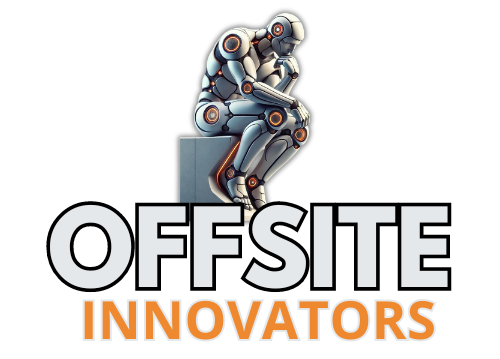





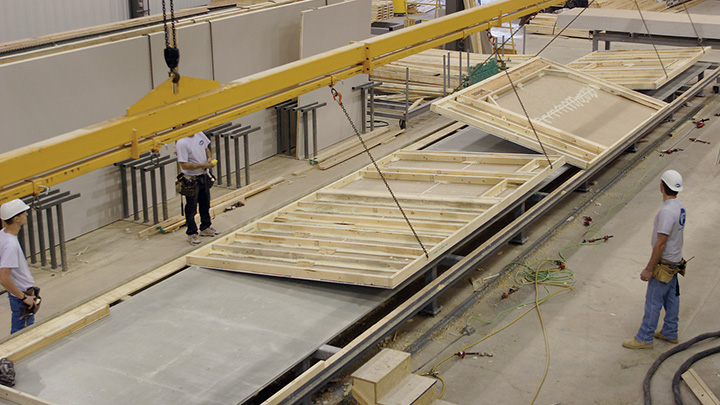
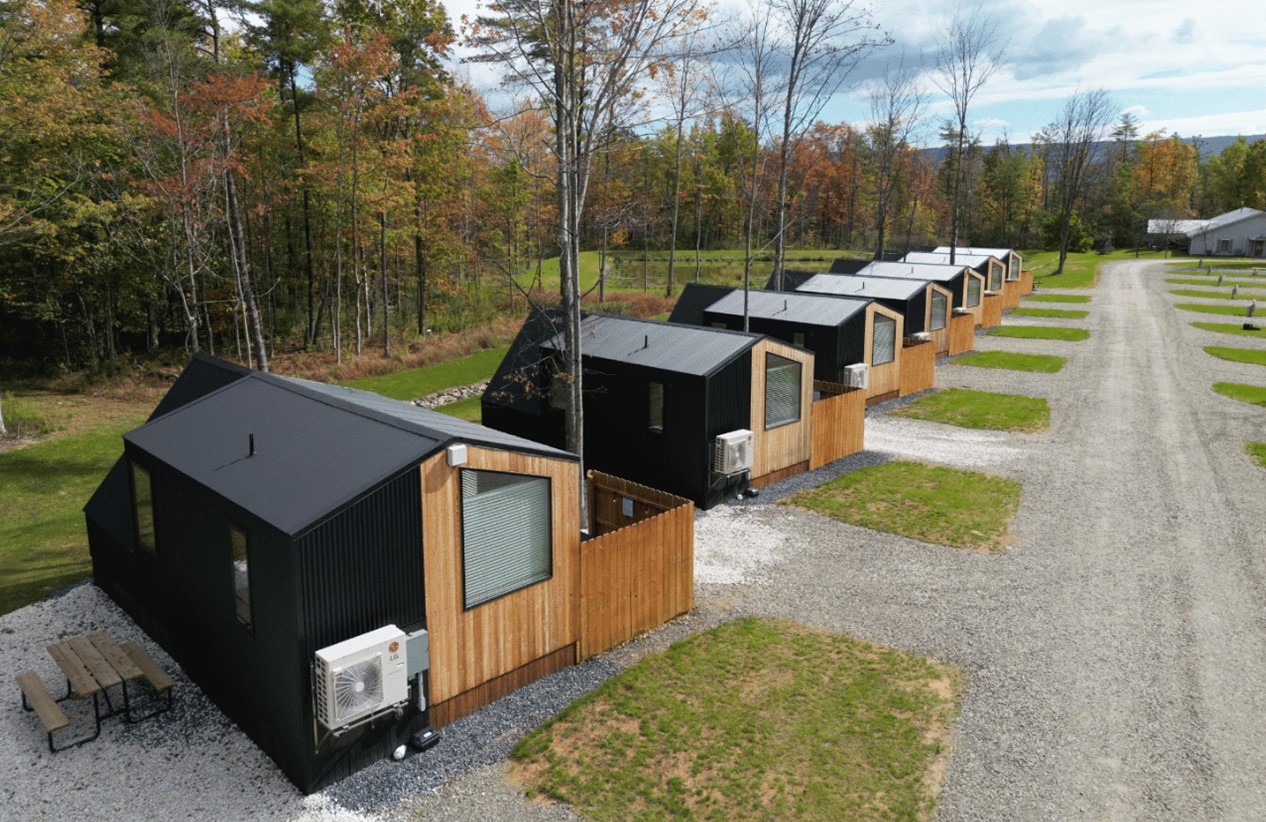




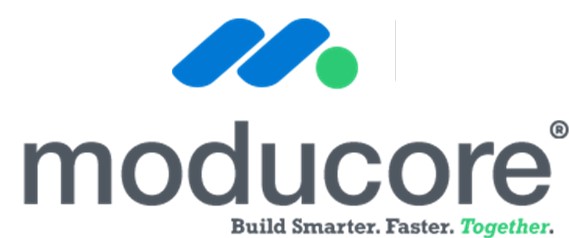
Reader interactions
2 Replies to “From Vision to Victory: The Essential Role of Advisors in Modular Factory Startups”
How much does an advisor cost?
I am currently in the process of retiring from the military and will be graduating from Georgetown’s real estate development and finance masters program this fall.
After retirement, I would like to have already been coordinating with an advisor, working on a plan, after retirement searching for investors or grants.
TJ Retz
954.868.3449
Wow, idi$not realize that Consultants did not ask the same questions that advisors ask when vetting out a new prospective offsite developer! The job that anyone has whether they are a Consultant or Advisor is to make certain that the person that they are talking to is not making a mistake. In my brief time in this industry I have seen too many come in with a big flash and leave in a whimper. Those whimpers have hurt this industry and will continue to hurt it as long we Consultants/Advisors continue to take on fee based work instead of the real life market share potential, unique selling proposition, cost of overhead and the potential for profitability have been throughly examined and verified. From real life experience as a guy that went through an offsite manufacturing start up, the perils can significantly out weigh the benefits, if you enter the market on the wrong premises.